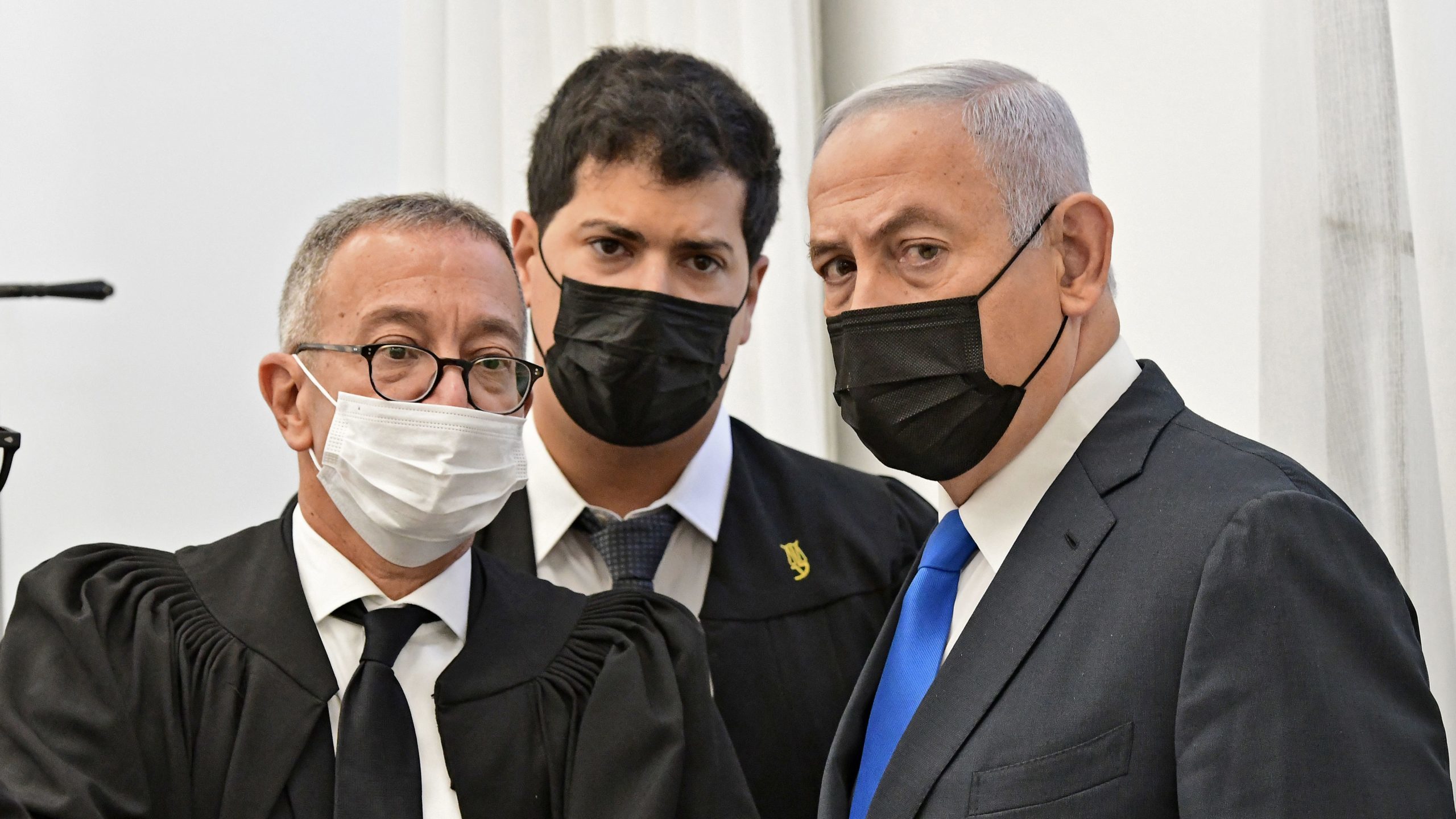Israeli Election Results Spell Doom for Netanyahu’s Judicial Overhaul
Hopes of suspending his criminal trial take hit with underwhelming performance at the polls
Israel is still awaiting the official results of its March 23 election, scheduled to be announced on Friday. Regardless of any last-minute changes, however, the outcome of the fourth election cycle in less than two years seems to point in one clear direction – Prime Minister Binyamin Netanyahu has once again failed in securing a majority that could enable him to escape his ongoing criminal trial.
Netanyahu, charged with bribery, fraud and breach of trust, will arrive at the Jerusalem courthouse next week to kick off the witness-hearing phase of his trial.
While he has repeatedly insisted he has no plans to interfere with the proceedings and has promised to fight − and prove baseless − the “crumbling, framed” allegations, Netanyahu’s actions over the past two years led many of his detractors to worry a victory on Tuesday might spell the case’s premature end.
After dissolving parliament in 2019 and plunging the nation into the first of four consecutive elections, Netanyahu, then merely a suspect, pledged not to seek immunity from a criminal investigation and possible charges.
Following the indecisive election results, however, the prime minister filed a petition to parliament to award him immunity, only to withdraw his request later that month after realizing he lacked sufficient “yea” votes.
Since investigations into his allegedly illicit dealings with media moguls and billionaires were launched in 2016, the embattled prime minister has also considered – but never tried − passing the “French law” that would exempt a head of government from criminal investigation until after he leaves office.
Now, with the investigation long concluded, the indictment issued and his trial already underway, Netanyahu can only hope to delay and halt the process by other, highly improbable, means.
By firing Israel’s attorney general, Avichai Mandelblit, and appointing a more amenable replacement, the prime minister could theoretically orchestrate a review of the proceedings, which would abruptly freeze his trial.
“It’s clear that that’s his plan,” a spokesperson for Blue and White, the party headed by current Justice Minister Benny Gantz, told The Media Line before Tuesday’s election.
The spokesperson referred to the alleged strategy as Netanyahu’s “April scheme,” saying that while Israel seems headed for a fifth election, the prime minister could look to “overthrow” the entire legal system during the government’s transition phase.
The odds of that happening are extremely low. It’s not realistic, and I’d be cautious about such claims
“The odds of that happening are extremely low. It’s not realistic, and I’d be cautious about such claims,” says Prof. Gad Barzilai, a political and legal expert and former dean of the University of Haifa’s Faculty of Law.
“The government has to provide a valid reason for firing the attorney general, which it doesn’t have in this case. If that were to happen, the Supreme Court would surely reverse the decision.”
Yet some in the bloc opposing Netanyahu have pointed to his stated aspirations of overcoming that hitch, by enacting a law granting the legislative branch powers to overrule a court verdict, thereby relegating its decisions meaningless.
“In any case, even if the attorney general is replaced, the evidentiary stage [in Netanyahu’s trial] has already begun,” Barzilai insists. “It’s out of his hands. The new attorney general can perhaps delay it by a few weeks, but not much more.”
In a timely coincidence, Israel’s Supreme Court on Thursday issued a ruling barring the prime minister from taking part in any nomination proceedings for judicial appointees.
According to the decision, Netanyahu must abide by the conflict of interest agreement drafted by Mandelblit after Netanyahu’s indictment, aimed at allowing the premier to serve his term while standing trial.
This agreement was the condition the court placed when it allowed Netanyahu to serve as an indicted prime minister in the first place, but until now he refused to sign or follow it
Netanyahu and all of his political aides and associates will now be prohibited from nominating or participating in nomination discussions regarding law enforcement officials, Israel’s attorney general, state attorney (who heads the state prosecution) and others.
“This agreement was the condition the court placed when it allowed Netanyahu to serve as an indicted prime minister in the first place, but until now he refused to sign or follow it,” Barzilai explains.
“I believe he’ll have to sign it eventually if he doesn’t want the justices to come to the conclusion that he must be forced to declare incapacity and step down.”
Whether Israel’s political deadlock will finally be broken this time around remains to be seen. But as far as its prime minister’s legal woes are concerned, Tuesday’s results have clearly nudged the proceedings in the direction Netanyahu’s rivals were hoping for.


